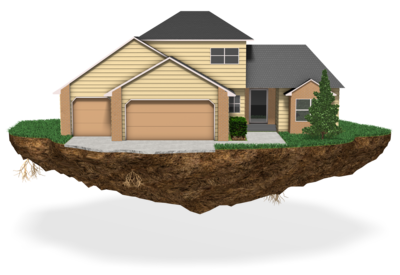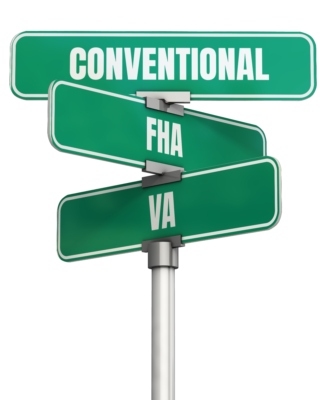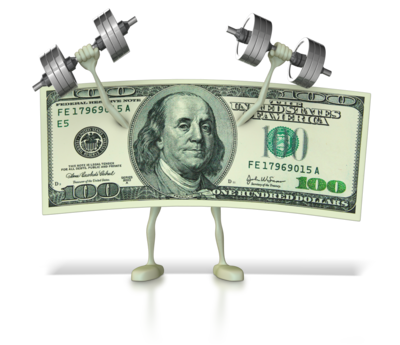
When it comes to financing a home purchase, there are several options available to homebuyers. Conventional, FHA, and VA loans are three common types of home loan finance options that cater to different borrowers' needs. Understanding the differences and benefits of each type of loan can help you make an informed decision when it comes to financing your dream home.
Conventional Loans: Conventional loans are not backed by the government and are typically offered by private lenders such as banks and mortgage companies. These loans typically require a higher credit score and down payment compared to other loan options. Conventional loans offer more flexibility in terms of loan amounts, repayment terms, and property types, making them suitable for a wide range of borrowers. Private mortgage insurance (PMI) may be required if the down payment is less than 20% of the purchase price, which can add to the overall cost of the loan.
FHA Loans: FHA loans are backed by the Federal Housing Administration (FHA), which is a part of the U.S. Department of Housing and Urban Development (HUD). These loans are designed to help lower-income and first-time homebuyers qualify for a mortgage with a lower down payment requirement and more lenient credit score requirements. FHA loans typically require a minimum down payment of 3.5% of the purchase price, making them a popular option for those who may not have a large down payment saved up. However, FHA loans also require mortgage insurance premiums (MIP) that add to the overall cost of the loan.
VA Loans: VA loans are available to eligible veterans, active-duty military members, and surviving spouses and are guaranteed by the U.S. Department of Veterans Affairs (VA). These loans offer a range of benefits, including no down payment requirement, no mortgage insurance requirement, and more lenient credit score requirements. VA loans can be a great option for eligible veterans and military personnel, as they provide favorable terms and benefits to help them achieve homeownership.
When choosing between these loan options, it's important to consider your individual financial situation, credit history, and long-term financial goals. Here are some key points to keep in mind:
Down Payment: Conventional loans typically require a higher down payment compared to FHA and VA loans. FHA loans require a minimum down payment of 3.5%, while VA loans may not require any down payment at all. Conventional loans may require a down payment of 5% to 20% of the purchase price, depending on the lender's requirements and the borrower's creditworthiness.
Credit Score Requirements: Conventional loans generally have stricter credit score requirements compared to FHA and VA loans. FHA loans may be more lenient with lower credit scores, making them accessible to borrowers with less-than-perfect credit. VA loans also tend to have more relaxed credit score requirements, making them a viable option for veterans and military personnel with less-than-ideal credit.
Mortgage Insurance: FHA loans require mortgage insurance premiums (MIP) that are added to the monthly mortgage payment and can increase the overall cost of the loan. VA loans, on the other hand, do not require mortgage insurance. Conventional loans may require private mortgage insurance (PMI) if the down payment is less than 20% of the purchase price.
Eligibility Requirements: VA loans are available only to eligible veterans, active-duty military members, and surviving spouses. FHA loans are available to all borrowers but have specific requirements such as a minimum down payment and mortgage insurance. Conventional loans have no specific eligibility requirements, but the borrower's creditworthiness and financial stability are typically considered.




